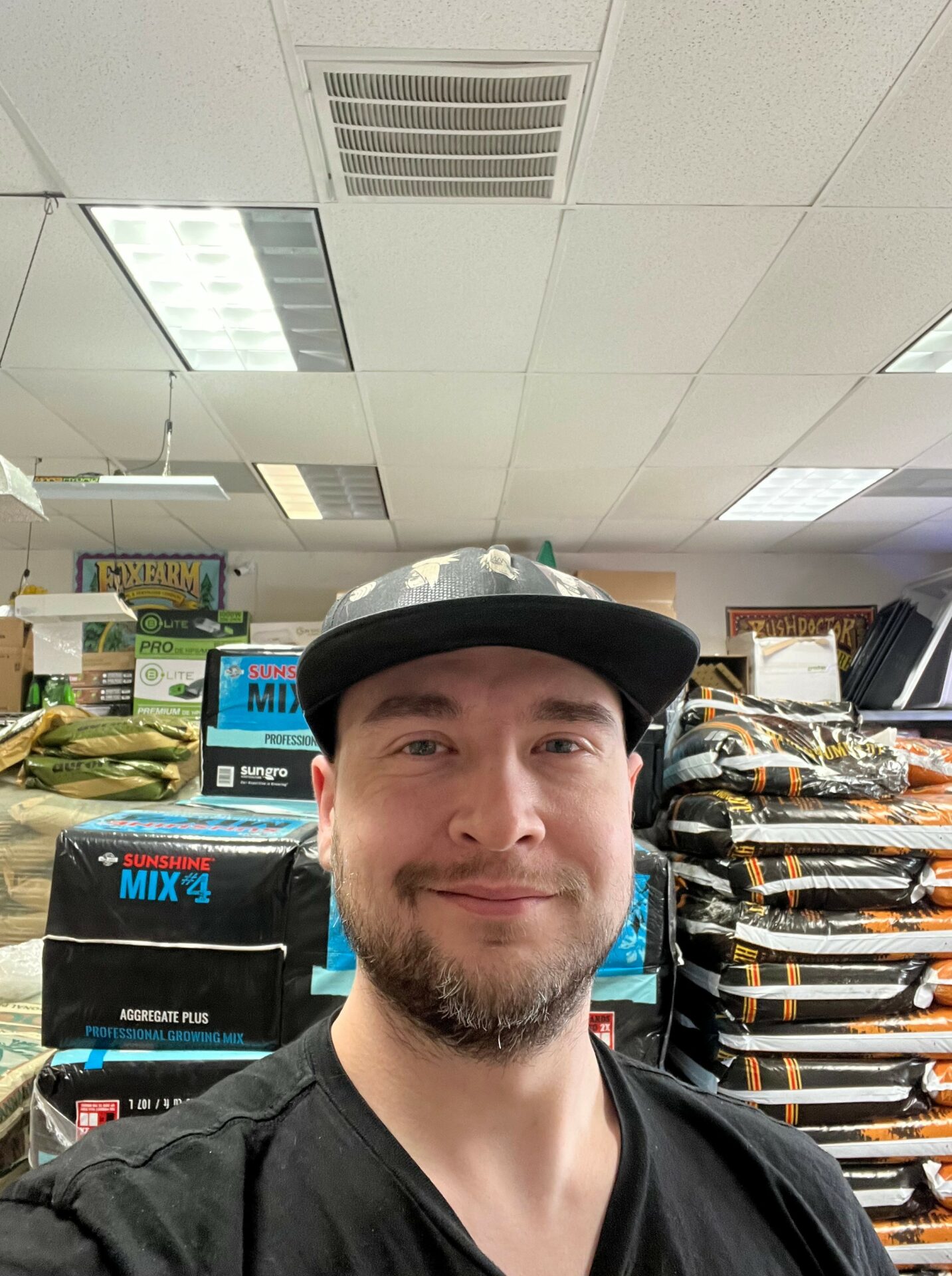Alright – so today we’ve got the honor of introducing you to Cory Bollin. We think you’ll enjoy our conversation, we’ve shared it below.
Cory, looking forward to learning from your journey. You’ve got an amazing story and before we dive into that, let’s start with an important building block. Where do you get your work ethic from?
I have developed a strong work ethic over the years through a combination of personal values, life experiences, and a commitment to excellence. It starts with my intrinsic motivation and drive to succeed. I set clear goals for myself, and I genuinely enjoy the process of working towards them.
One of the key aspects of my work ethic is my dedication to responsibility and accountability. I firmly believe in taking ownership of my tasks and projects, which means I am always punctual and reliable. Meeting deadlines and delivering high-quality results are non-negotiable for me.
I also value continuous learning and improvement. I approach each day with a growth mindset, eager to acquire new skills and knowledge. This thirst for learning not only makes me more adaptable but also allows me to stay at the forefront of my field.
A strong sense of integrity is another cornerstone of my work ethic. I believe in doing the right thing, even when no one is watching. This principle guides my decision-making and ensures that I uphold ethical standards in all my professional endeavors.
Moreover, I find great satisfaction in the process of hard work itself. I am not afraid of putting in the extra effort to achieve my goals. Whether it’s tackling challenging projects, persevering through setbacks, or maintaining a positive attitude in the face of adversity, I approach it all with enthusiasm and determination.
Finally, I believe in balancing work with self-care and maintaining a healthy work-life balance. This ensures that I can sustain my work ethic over the long term without burning out. Taking care of my physical and mental well-being is essential to maintaining my productivity and commitment to excellence.
In summary, my good work ethic is a product of my dedication, personal values, and a deep-seated desire to achieve success. It’s not just about getting the job done; it’s about consistently exceeding expectations and contributing positively to every endeavor I undertake.
Thanks, so before we move on maybe you can share a bit more about yourself?
As a horticultural consultant, my primary role is to provide expert advice and guidance to individuals, businesses, or organizations involved in gardening, landscaping, or agriculture. I draw upon my extensive knowledge of plants, soil, and environmental factors to help clients achieve their goals in horticulture-related projects. Here’s what I do and what I find most exciting and special about being a horticultural consultant:
Assessing and Advising: I assess the unique needs and objectives of my clients, whether they are homeowners looking to improve their garden, farmers seeking to optimize crop yields, or businesses planning landscaping projects. Based on this assessment, I provide tailored recommendations and strategies.
Plant Selection and Care: I assist clients in selecting the right plant species for their specific environment and goals. This includes considerations for soil types, climate conditions, and maintenance requirements. I also offer guidance on planting, nurturing, and caring for plants to ensure their health and vitality.
Problem Solving: One of the most exciting aspects of my role is troubleshooting and problem-solving. I help clients identify and address issues such as plant diseases, pests, soil imbalances, and other challenges that may be hindering their horticultural endeavors. Finding creative and effective solutions is always rewarding.
Environmental Stewardship: I am passionate about sustainable horticulture practices. I encourage clients to adopt eco-friendly approaches, including organic gardening methods, water conservation techniques, and biodiversity enhancement, which not only benefit their landscapes but also contribute to a healthier planet.
Educating Clients: Knowledge sharing is a vital part of my role. I enjoy educating clients about the science and art of horticulture, empowering them to make informed decisions and develop a deeper appreciation for the natural world.
Continuous Learning: Horticulture is a dynamic field, and staying up-to-date with the latest research, technologies, and trends is both challenging and exciting. I continually expand my knowledge to ensure I provide the best advice to my clients.
Seeing Transformation: What I find most special about being a horticultural consultant is witnessing the transformation of spaces and landscapes under my guidance. Whether it’s a once-neglected garden bursting with life or a farm that achieves higher yields through improved practices, knowing that I played a part in that transformation is immensely rewarding.
Connecting with Nature: Being a horticultural consultant allows me to work closely with nature every day. I have the privilege of fostering a deeper connection between people and the natural world, which is not only fulfilling but also important for the well-being of individuals and communities.
In summary, being a horticultural consultant is an exciting and special profession that allows me to combine my love for plants and the environment with my desire to help others achieve their horticultural dreams. It’s a role that offers continuous learning, problem-solving, and the opportunity to make a positive impact on the beauty and sustainability of our surroundings.
If you had to pick three qualities that are most important to develop, which three would you say matter most?
Reflecting on my journey as a horticultural consultant, three qualities, skills, or areas of knowledge stand out as most impactful. For those who are early in their journey or considering a career in horticultural consulting, here’s some advice on how to develop or improve these essential aspects:
Deep Plant Knowledge and Expertise:
Advice: Develop a strong foundation in plant biology, taxonomy, and physiology. Learn about various plant species, their growth requirements, and specific characteristics. Familiarize yourself with local flora and fauna.
Education: Pursue formal education in horticulture, botany, or a related field. Consider enrolling in courses, workshops, or certification programs offered by reputable institutions.
Hands-on Experience: Gain practical experience by working with plants directly. Whether through gardening at home, volunteering in community gardens, or interning at botanical gardens or nurseries, hands-on experience is invaluable.
Problem-Solving and Critical Thinking:
Advice: Develop your ability to analyze complex horticultural issues and provide effective solutions. Be curious and inquisitive when faced with challenges.
Practice: Continuously seek opportunities to address horticultural problems. This can involve troubleshooting issues in your own garden or assisting others with their gardening or landscaping dilemmas.
Networking: Connect with experienced horticultural professionals, as they can offer insights and mentorship in problem-solving within the field.
Effective Communication and Education:
Advice: Being able to convey your horticultural knowledge and advice clearly and effectively is crucial. Develop strong communication skills, both written and verbal.
Education: Consider courses or workshops on communication and education techniques. Public speaking courses can be especially beneficial.
Teaching and Outreach: Volunteer or work in roles that involve educating others about horticulture. This could include leading gardening workshops, writing articles, or giving presentations at local gardening clubs.
Additionally, here are some overarching tips for those embarking on a career as a horticultural consultant:
Embrace Lifelong Learning: Horticulture is a continuously evolving field. Stay updated with the latest research, technologies, and sustainable practices to offer the best advice to your clients.
Build a Diverse Portfolio: Work with a variety of plants, landscapes, and clients. Each experience will broaden your knowledge and skill set.
Networking: Connect with other horticultural professionals, join relevant associations, and attend conferences or seminars to expand your network and stay informed about industry trends.
Gain Practical Experience: Don’t underestimate the value of hands-on experience. Experiment with different gardening techniques and try new approaches to deepen your understanding.
Patience and Persistence: Building a career as a horticultural consultant may take time. Be patient and persistent in your pursuit of knowledge and opportunities.
Passion and Dedication: Lastly, maintain your passion for horticulture. A genuine love for plants and the environment will sustain your enthusiasm and drive throughout your career.
Remember that the journey in horticultural consulting is as much about personal growth and learning as it is about helping others. Continuously develop your skills, stay curious, and enjoy the journey of sharing your passion for plants and nature with others.
What do you do when you feel overwhelmed? Any advice or strategies?
Feeling overwhelmed can happen to anyone, including horticultural consultants. When facing a busy schedule, challenging projects, or multiple client demands, it’s essential to have strategies in place to manage and reduce that overwhelm. Here are some advice and strategies to consider:
Prioritize Tasks:
Start by making a list of all the tasks and responsibilities you need to address.
Prioritize tasks based on urgency and importance. Focus on completing high-priority items first.
Break It Down:
If a project or task feels too big to handle, break it down into smaller, more manageable steps.
Tackle one step at a time, and celebrate your progress along the way.
Time Management:
Use time management techniques such as the Pomodoro Technique or time blocking to structure your workday effectively.
Allocate specific time slots for different types of tasks, ensuring a balance between client meetings, research, and administrative work.
Delegate When Possible:
If you have a team or support staff, delegate tasks that can be handled by others.
Delegation allows you to focus on your core responsibilities and reduce your workload.
Learn to Say No:
It’s important to set boundaries and not overcommit. Politely decline additional projects or commitments when you’re already stretched thin.
Self-Care:
Taking care of your physical and mental well-being is crucial. Ensure you get enough rest, eat healthily, and engage in regular exercise.
Practice stress-relief techniques like meditation, deep breathing, or yoga to manage stress levels.
Seek Support and Collaboration:
Don’t hesitate to reach out to colleagues or peers for advice or collaboration on challenging projects.
Collaborative efforts can often lead to more efficient problem-solving.
Time for Research and Learning:
Allocate time in your schedule for staying updated with the latest horticultural trends and research. This can help you work more efficiently and provide better advice to your clients.
Set Realistic Expectations:
Manage your clients’ expectations by setting realistic timelines and deliverables.
Effective communication can prevent unnecessary stress and misunderstandings.
Reflect and Adjust:
Periodically review your workload and strategies. Identify what’s working well and where you can make improvements.
Be open to adjusting your approach as needed to maintain a healthy work-life balance.
Professional Development:
Consider attending workshops or courses in time management, stress management, or professional development to enhance your skills in handling overwhelming situations.
Seek Professional Help:
If you find that overwhelming feelings persist and affect your well-being, don’t hesitate to seek the assistance of a therapist or counselor.
Remember that feeling overwhelmed is a common experience, and it’s essential to be proactive in managing it. By implementing these strategies and developing a support system, you can navigate the challenges of being a horticultural consultant more effectively and maintain a healthy work-life balance.
Contact Info:
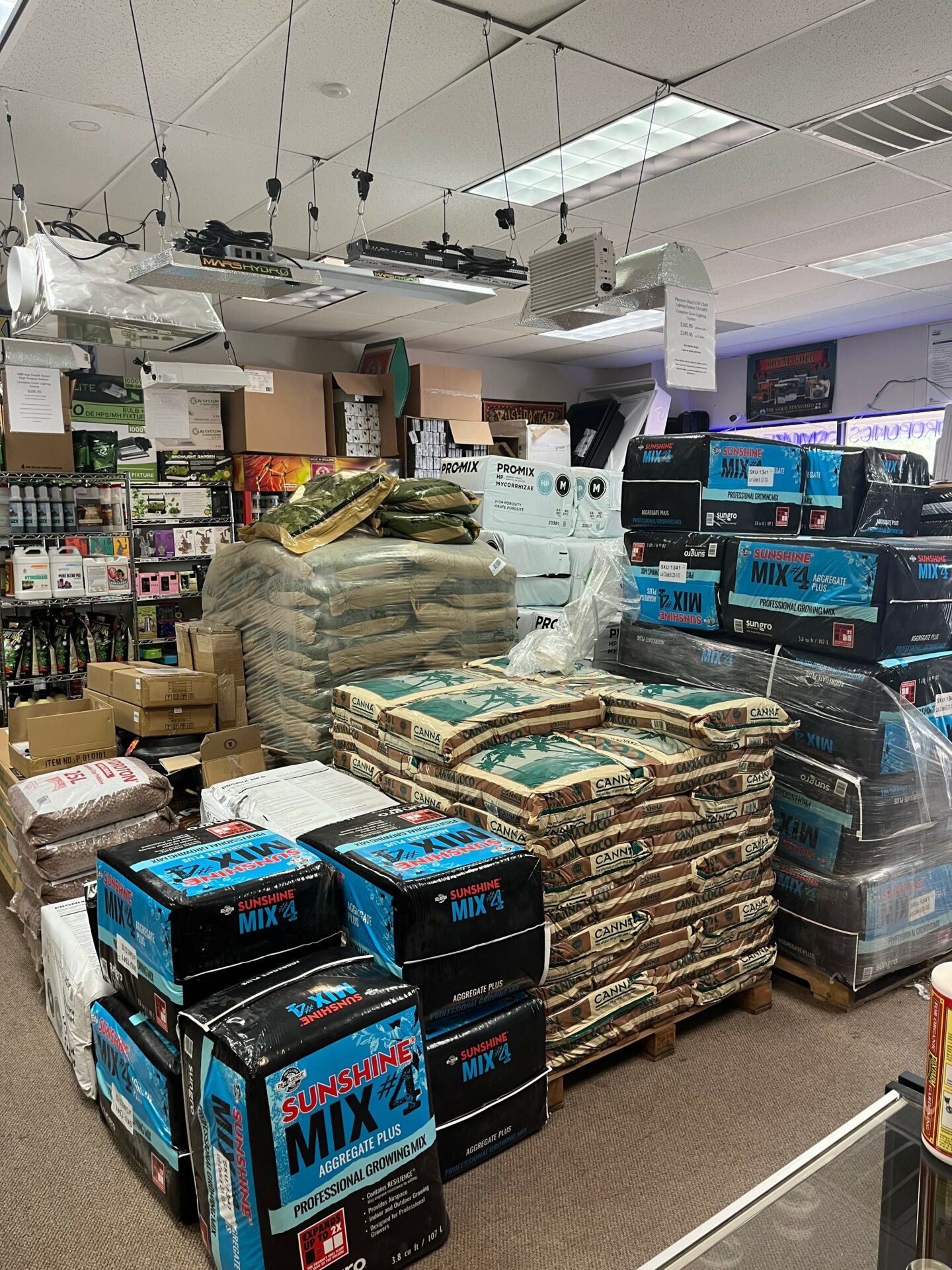
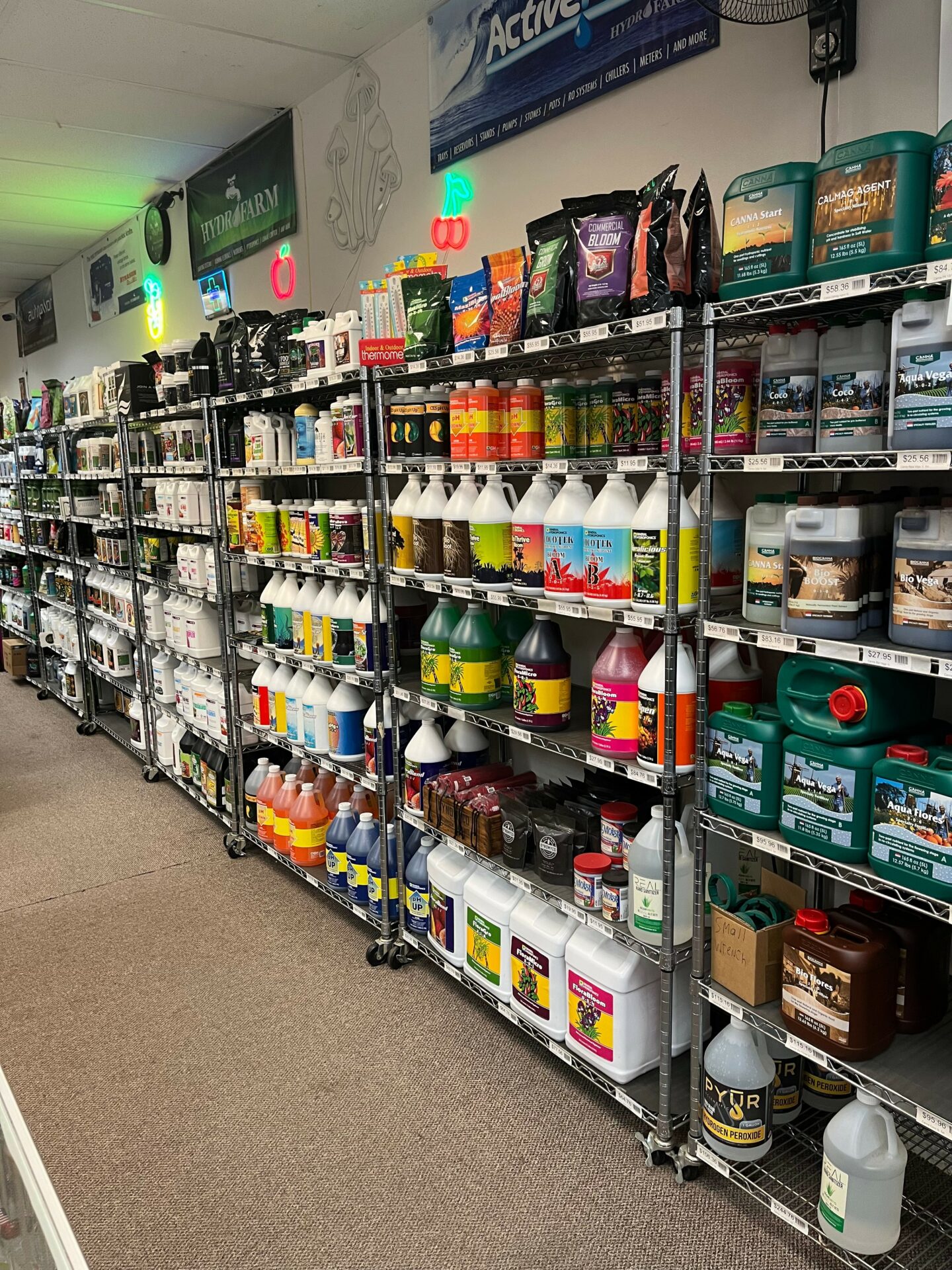
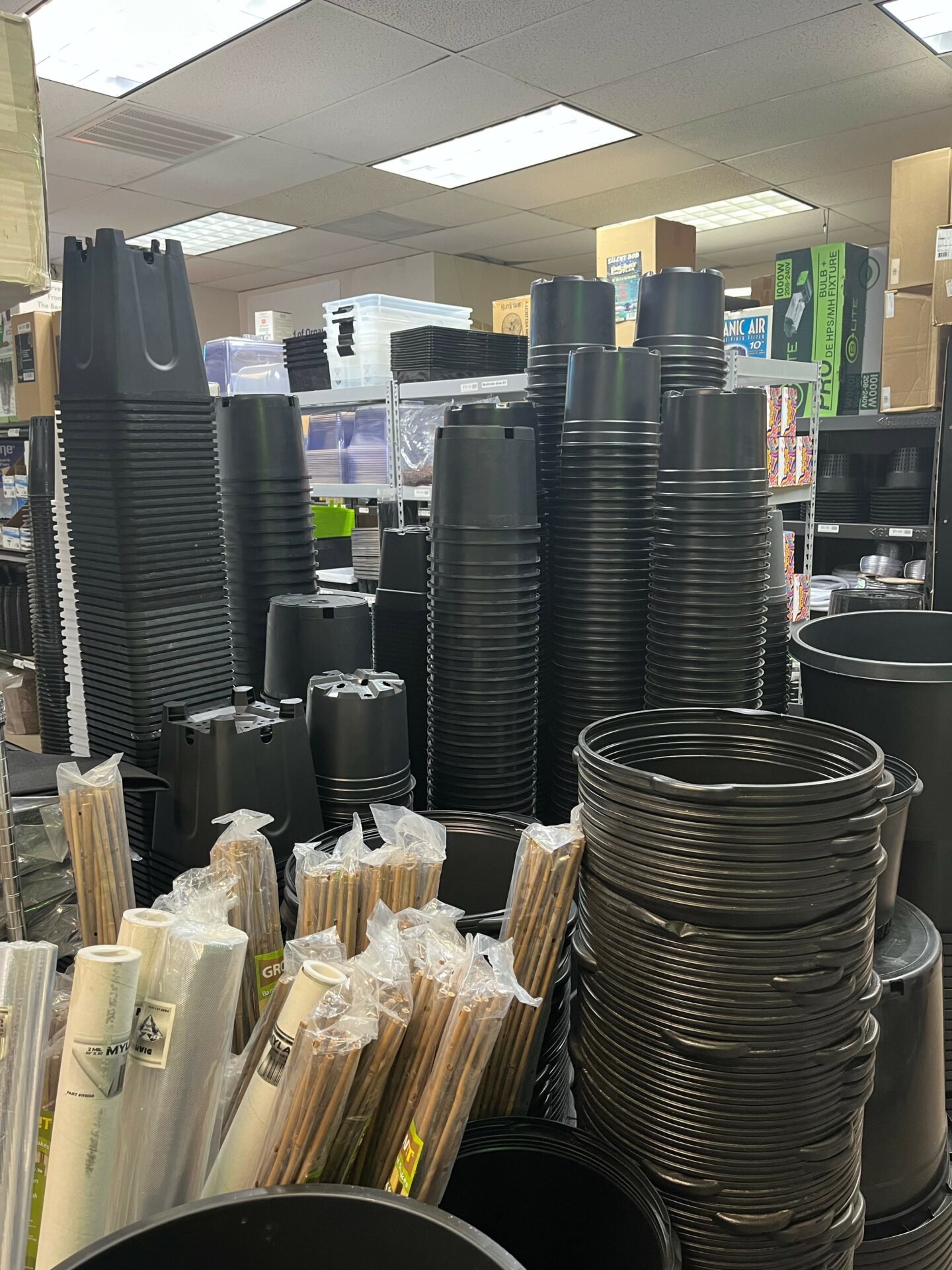
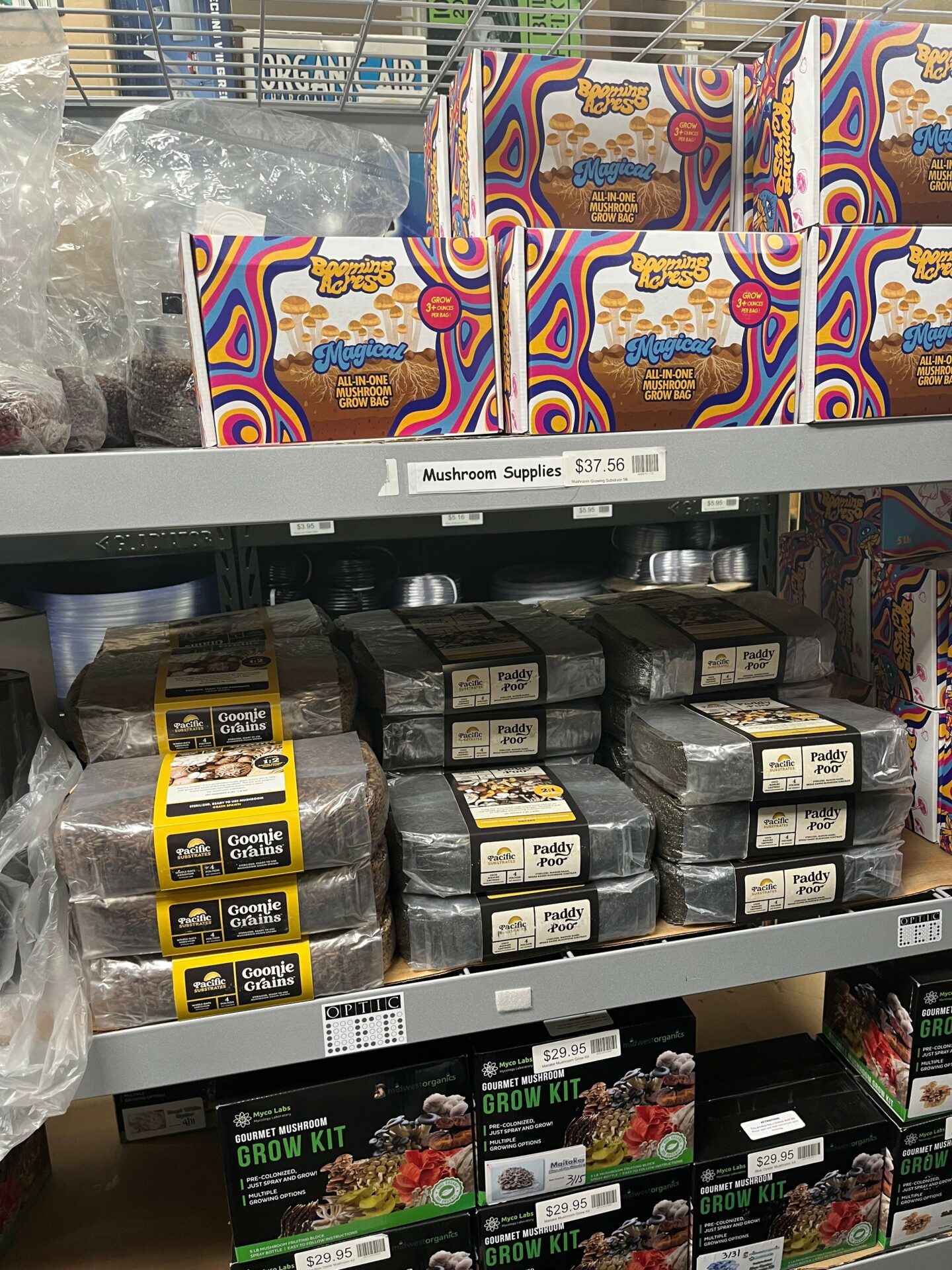
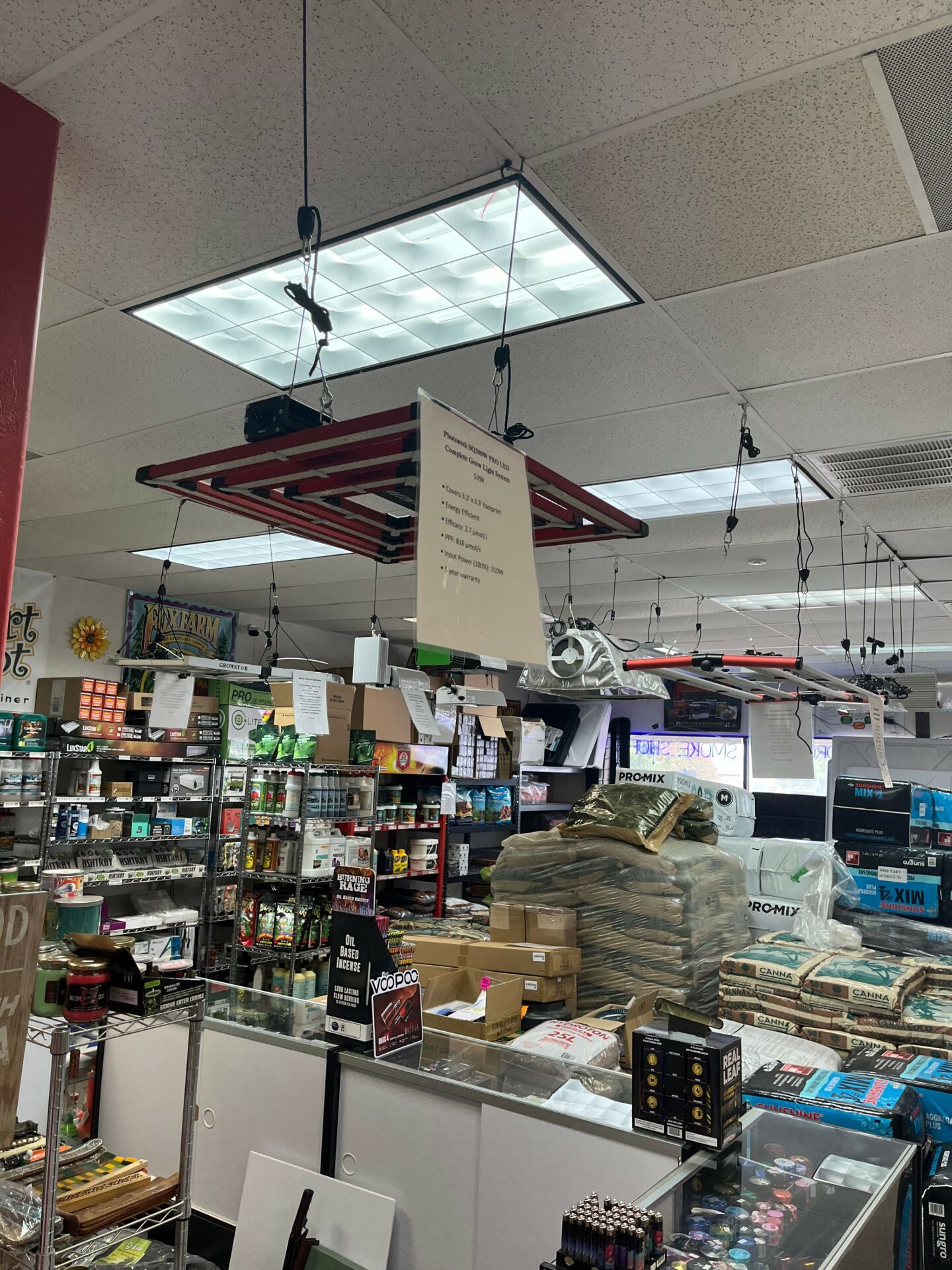
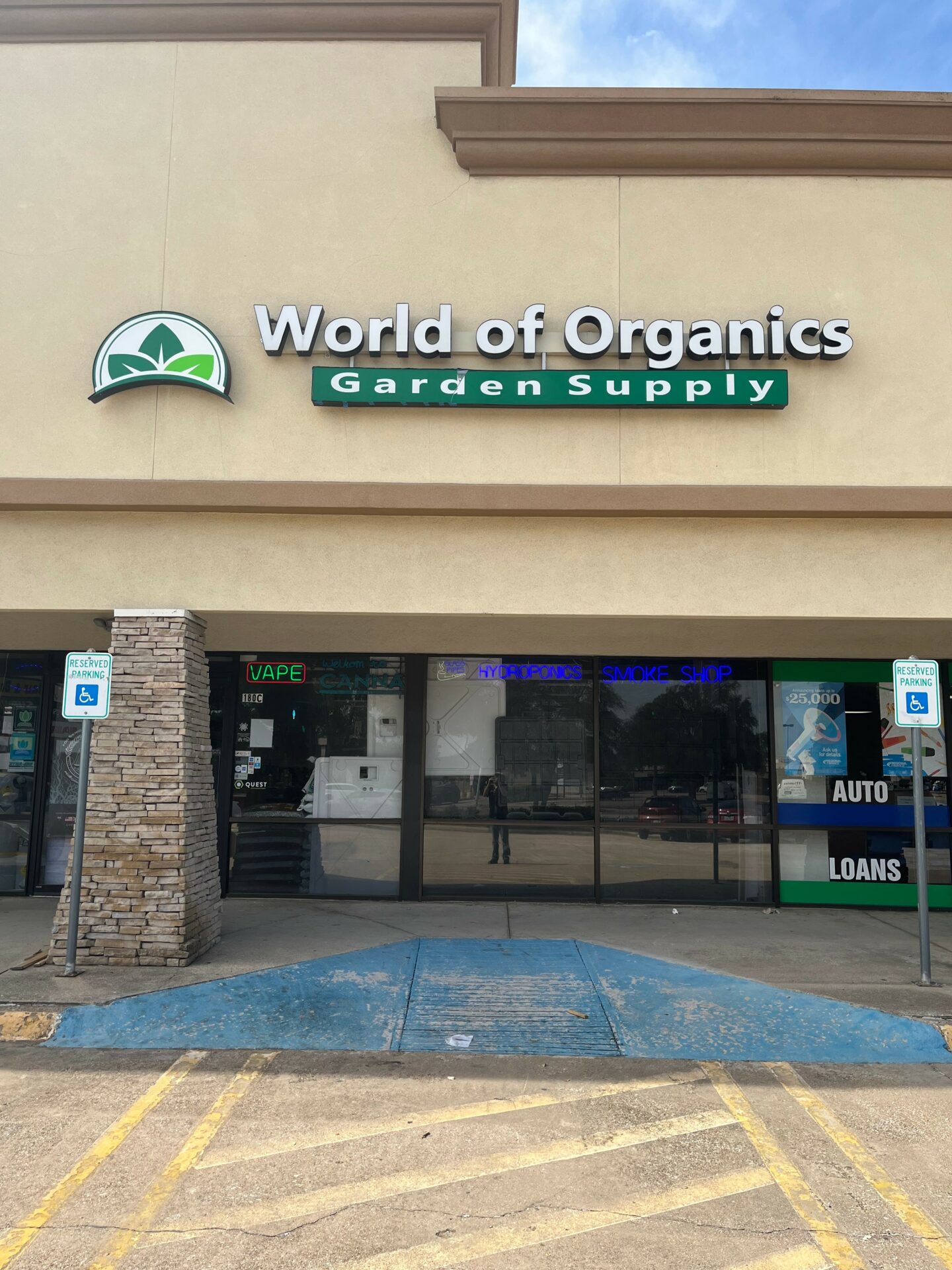
Image Credits
Cory Bollin World Of Organics

